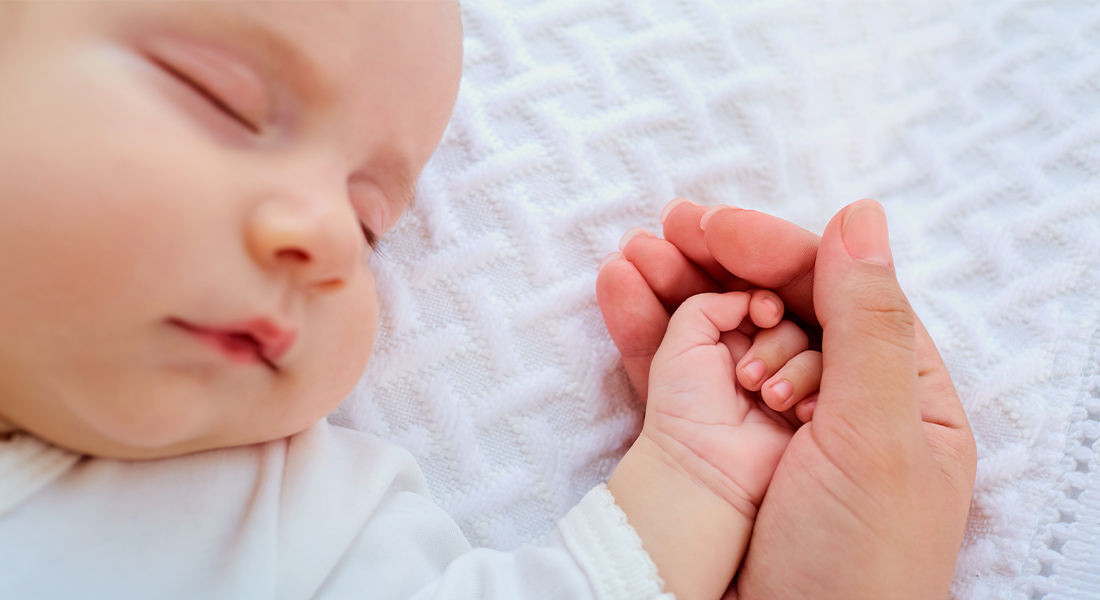Socioemotional development in infants at high risk for Cerebral Palsy

Cerebral Palsy is the most common motor disorder in childhood. Cerebral Palsy involves motor difficulties, but difficulties with language and cognition are also often present. Additionally, children with Cerebral Palsy have an increased risk of psychiatric problems in later childhood. However, very little is known about the very early socioemotional development, which can have significant implications for the child's later development.
Purpose of the project
To investigate:
- The socioemotional development of children with Cerebral Palsy in the first 15 months compared to typically developing children.
- What constitutes risk and protective factors for the socioemotional development in children at high risk for Cerebral Palsy in the first 15 months?
Method
The PhD project is part of the research project 'parent-child interaction in infants at high risk for Cerebral Palsy. In the project, families with an infant at risk for Cerebral Palsy are followed three times during the child's first 15 months. The aim is to shed light on how early parent-child interaction and parenting can be affected by the risk of Cerebral Palsy and to identify risk and protective factors associated with the child and/or the parents. Families are compared with a control group consisting of families with children at low risk for Cerebral Palsy, i.e., children born without pregnancy and/or birth complications. The project runs from January 2021 to December 2024 and is conducted in collaboration with the Elsass Foundation and the Department of Neuroscience, University of Copenhagen.
Contribution
The results will contribute new knowledge about the very early socioemotional development among infants at high risk for Cerebral Palsy, including which risk and protective factors, areas, and times in development that potentially require special attention. This knowledge can inform the need for screening practices of socioemotional development in infants at high risk for Cerebral Palsy, as well as point to potentially relevant interventions to foster good socioemotional development of the children.
About the project
Project period: August 2022 - July 2025
PhD student: Julie Enkebølle Hansen
Supervisor: Katrine Røhder
Funding
The project is funded by the Elsass Foundation.
